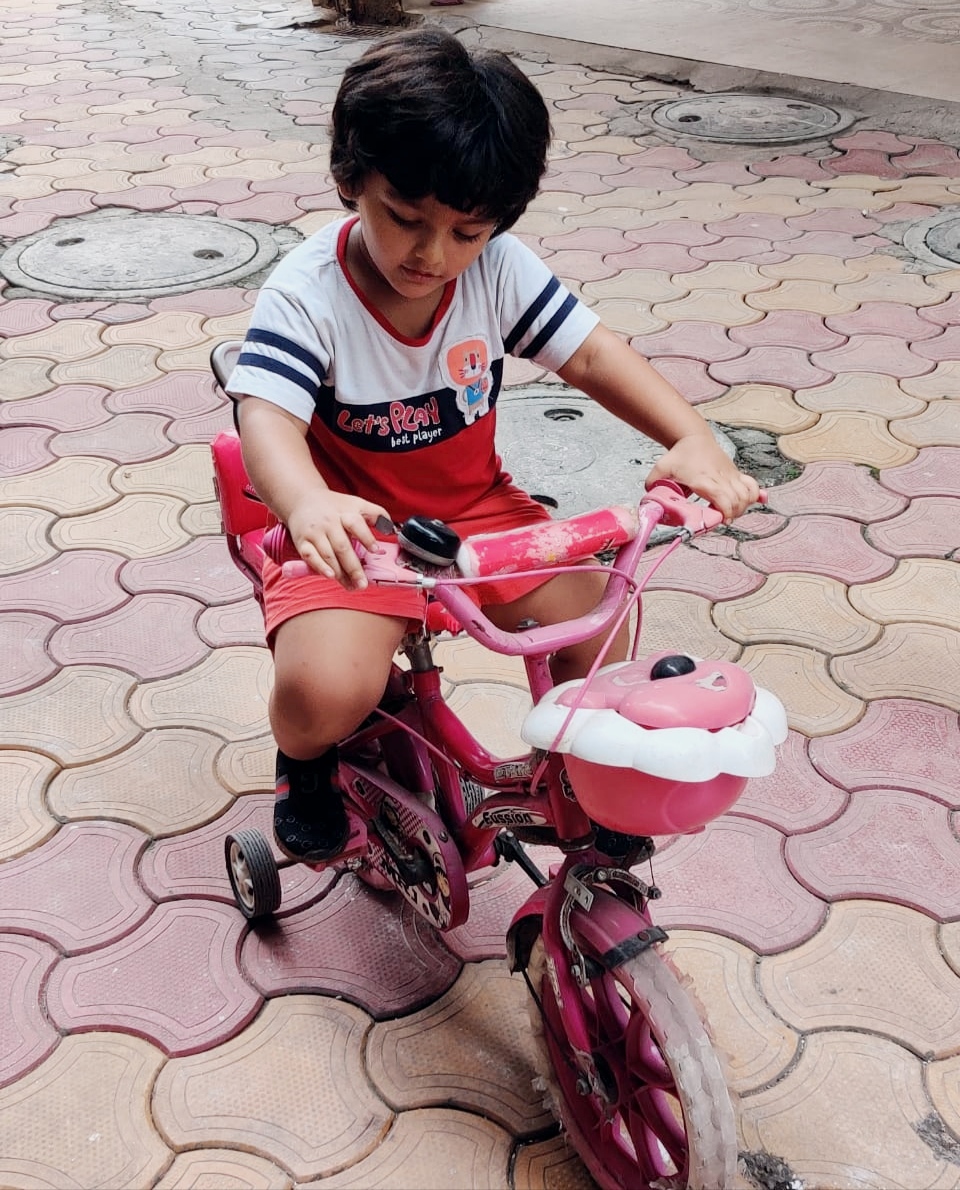While bringing advances in better living there has been an outspokenness about mental illness as well. To speak about children’s mental health in this piece of article, what first emerges to the mind is the surged focus on academic performance. Academics is for sure helping shape a child’s future and is of immense importance in a child’s life trajectory, but it also influences the characteristic behaviours of the individual and regulates interpersonal relationships in our societal context. Overly emphasizing academics may impede the psychological well-being of the blooming infants and blossoming adolescents.
In the journey of being successful the elders while guiding the young minds often unknowingly impose a defined (academic) goal to denote where they should reach… but isn’t it equally important to focus on the pathway, the child needs to undertake to reach the desired goal?
I hereby attempt to put forward a proposal of ‘reconstructing’ the notion that having a successful career means paving the way through the highest grades and that ultimate success comes only after obtaining fine grades in academic institutions.
In the journey of growing up, it is more essential for the child to be ‘mastery oriented’ rather than ‘result oriented’. Being mastery-oriented simply refers to the desire to achieve mastery in a task by being internally or intrinsically motivated. Being more result-oriented can cause emotional distress due to high-performance outcome expectancy.
Now, distress tolerance skills are often sought in formal psychotherapy sessions, but one needs to order to acquire these skills naturally. In pursuance of it, what is essential is- to have an active engagement in co-curricular activities or just playing on the ground with peers after school hours. Such pleasurable activities also act as distracters, enhance interpersonal interaction, and allow one to adapt to new coping strategies. It also paves the way to modulate or stop self from turning leisure into the competition.
Children have forgotten how to play, not because our cities and urbanized localities lack lush green fields but because the play is either a competition or it is limited to the led screen of the phone or laptop and surprisingly every video game is a competition!
It’s saddening that many children are not enjoying their childhood because they are studying to be educated only and get good jobs but not to enjoy the process of acquiring knowledge and skills. So, while you wreck your nerves scolding your kid to score better and learn harder think what race are you participating in? Is it helping you win or is the imbalance of all work and no play making your little one a dull child? Thank You!
– Priyanka Paul, Clinical Psychologist


